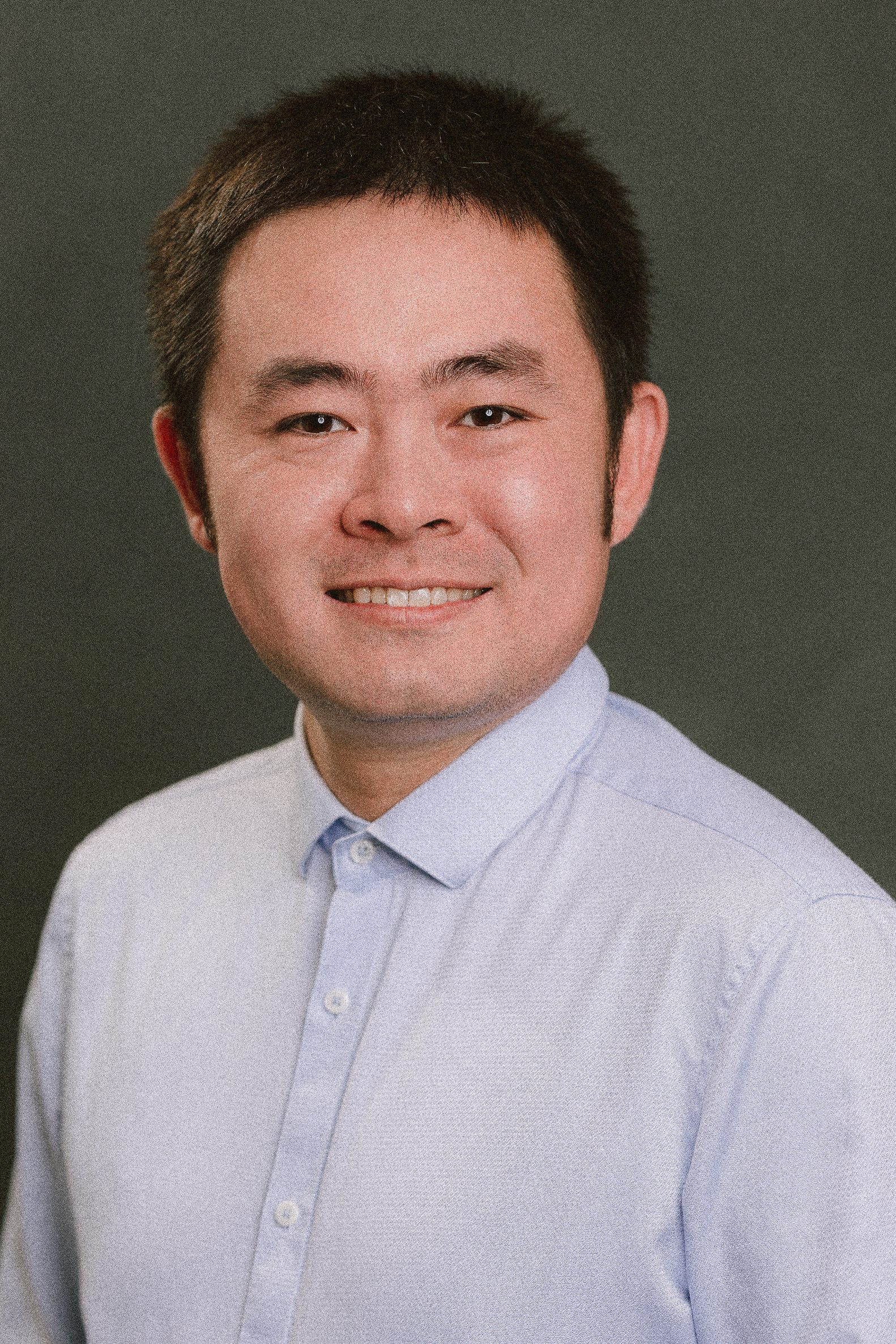University of Colorado - Boulder

Email office@phys.ksu.edu for the Zoom address
Abstract
Advancing physics education requires tools that both support students’ learning and instructors’ teaching. In this talk, I will begin by focusing on two learning and assessment tools, both in physics classrooms and in labs. I will first introduce a noise-enhanced PhET simulation, and show how students were able to actively engage with the simulation features to achieve deep conceptual understanding of measurement uncertainty. I will then present the development of the conceptual framework method, and how it was successfully applied to design a set of assessment instruments that can identify distinct features in students’ knowledge structures. I will conclude by discussing future plans for the research and development of new educational tools that could connect both learning and assessment, as well as physics research and labs, which creates meaningful research opportunities for undergraduate and graduate students. Looking ahead, my work aims to have direct and concrete implications for improving physics instruction at the institutional and national level.